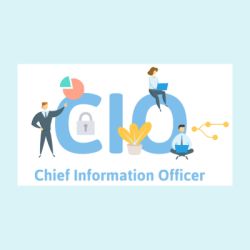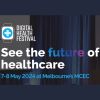Despite over a decade of building interoperability across the care continuum, healthcare consumers continue to experience frustration due to the absence of smooth and timely access to their personal health information.
In 2022, The Sequoia Project convened a group of diverse healthcare consumers, many of whom have dual roles as caregivers for elderly family members and/or children, in addition to being patients themselves.
It was discovered that consumers were not always able to get the information they needed to make decisions about their care despite being proficient technology users in their daily lives.
In addition to claims that access to medical records was stressful and time consuming, more than 40% of consumers revealed their hesitance to switching providers for fear of losing access to their data.
A comparable proportion of individuals reported instances of undergoing repeated testing or cancelled appointments due to lack of access to test results. Additionally, many individuals highlighted the inconvenience of having to personally retrieve their medical records, a process which took time away from self-care or the care of others.
Dr. Grace Cordovano, BCPA, founder of Enlightening Results, and co-chair of the Consumer Voices Workgroup, said, “The consequences of the administrative burden placed on patients, caregivers, and care partners can be stressful, painful, and life-threatening”.
Workgroup members had numerous ideas regarding their desired state of health data access and strategies to achieve this vision.
Broadly, participants are striving for seamless access to all their health data, extending beyond the six-year retention threshold mandated by HIPAA for many types of records. One of the primary challenges highlighted by the workgroup included fragmentation across healthcare providers and the difficulties in locating certain pieces of information.
According to consumers, patient portals must undergo significant enhancements in terms of user-friendliness; they need to be easier to navigate and the designs should be centred on the user's needs rather than provider perspectives or the constraints of electronic health record systems. Additionally, there is a need to reduce the delay between sending electronic messages and receiving responses.
The diverse group of people who shared their personal experiences with The Sequoia Project will help experts make meaningful change to improve health information access for patients, caregivers, and care partners.
Source: DHI
Image Credit: iStock
























